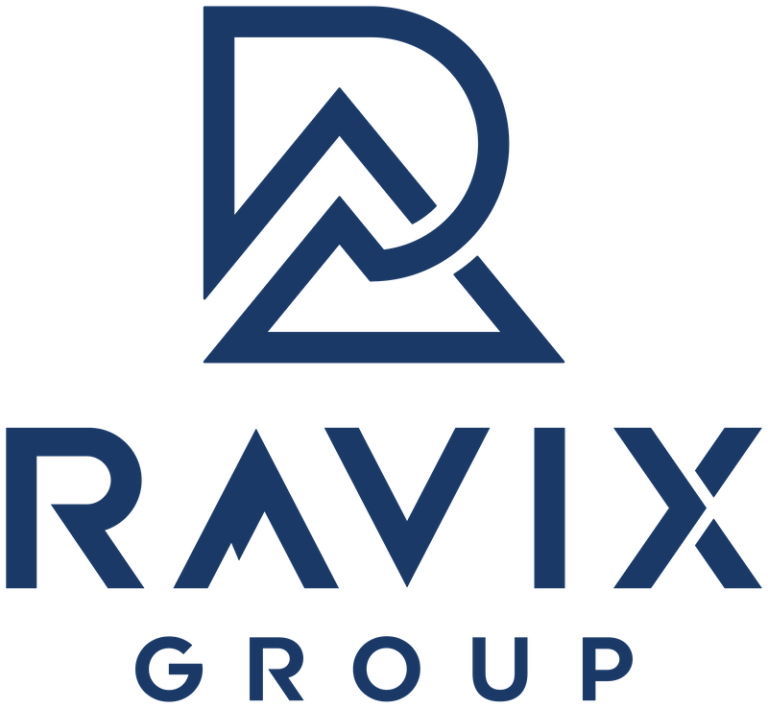Tina, an intrepid founder with a software company, just received an offer from a big tech company for her start-up. In earnest, she asked me many questions about the contract, especially about a clause with earnouts. “All these KPI’s and numbers, are they achievable post-acquisition? I thought I’d sell and be done.”
“Not so fast,” I told her. “Many founders stay on post-acquisition to guarantee a smooth transition, and earnouts are a part of that deal.”
“Why do they want earnouts?” She asked, pushing her glasses up against her face as she scrutinized the contract.
What are Earnouts?
An earnout is a contractual provision in the sale of a business where additional future payments are made to the seller based on the business achieving certain financial goals post-acquisition. These goals are typically related to the business’s performance, such as revenue, profits, or other key performance indicators (KPIs), over a specified period following the acquisition.
Why Do Startups Utilize Earnouts?
1. Bridging Valuation Gaps: Earnouts are often used when there is a discrepancy between the buyer’s willingness to pay upfront and the seller’s company valuation. This disparity can arise from different expectations of the company’s future performance. An earnout allows for a portion of the sale price contingent on the business achieving specific targets, effectively bridging the valuation gap.
2. Incentivizing Continued Performance: For startups, especially those acquired because of their growth potential or innovative technology, earnouts can incentivize the original owners or management team to continue driving the business’s success post-acquisition. It ensures that key personnel remain motivated to grow the business, aligning their interests with the new owners.
3. Risk Mitigation for the Buyer: From the buyer’s perspective, earnouts can mitigate risk. They ensure that a significant portion of the purchase price is only paid if the acquired company performs as expected. This arrangement is particularly appealing when acquiring startups, where future performance can be uncertain.
4. Facilitating Deal Completion: In some cases, earnouts can be the key to finalizing a deal. If negotiations reach a stalemate due to valuation disagreements, an earnout agreement can provide a viable solution that satisfies both parties.
5. Dealing with Future Uncertainties: Startups often operate in rapidly changing markets or might be scaling up operations, leading to future performance uncertainties. Earnouts allow the deal to account for these uncertainties by tying part of the compensation to future outcomes.
6. Capitalizing on Future Growth Potential: For sellers, earnouts offer the opportunity to benefit from the future growth of the business that they helped build. If the seller is confident in the business’s potential, an earnout allows them to share in the financial rewards of that future success.
After walking Tina through the reasons earnouts are used, she nodded, and her eyes glazed over as she mulled over the meaning of earnouts. I could see the wheels turning, she was contemplating how to use them to her advantage.
“Earnouts can be a complex and sometimes contentious part of M&A transactions, particularly for startups. While they offer a way to bridge valuation gaps and align incentives, they can also introduce post-acquisition challenges, such as disagreements over business strategy or financial management. Buyers and sellers must carefully negotiate earnout terms, ensuring clarity and fairness in setting and measuring targets. You really need to think about how they’re structured so you’re taking advantage. I’ve seen these end up hurting a founder.”
Find out how Founders negotiate earnouts to guarantee a fair valuation in Part 2.
Considering the right exit strategy for your startup can be a complex decision. Let our Chief Restructuring Officers guide you through the intricacies of turnarounds, restructuring, bankruptcy, ABCs, and wind-downs. Receive a complimentary Wind-Down Playbook, offering you valuable insights into the most suitable wind-down approach for your VC-backed venture and a one-hour consult to determine the best next step for your startup.



